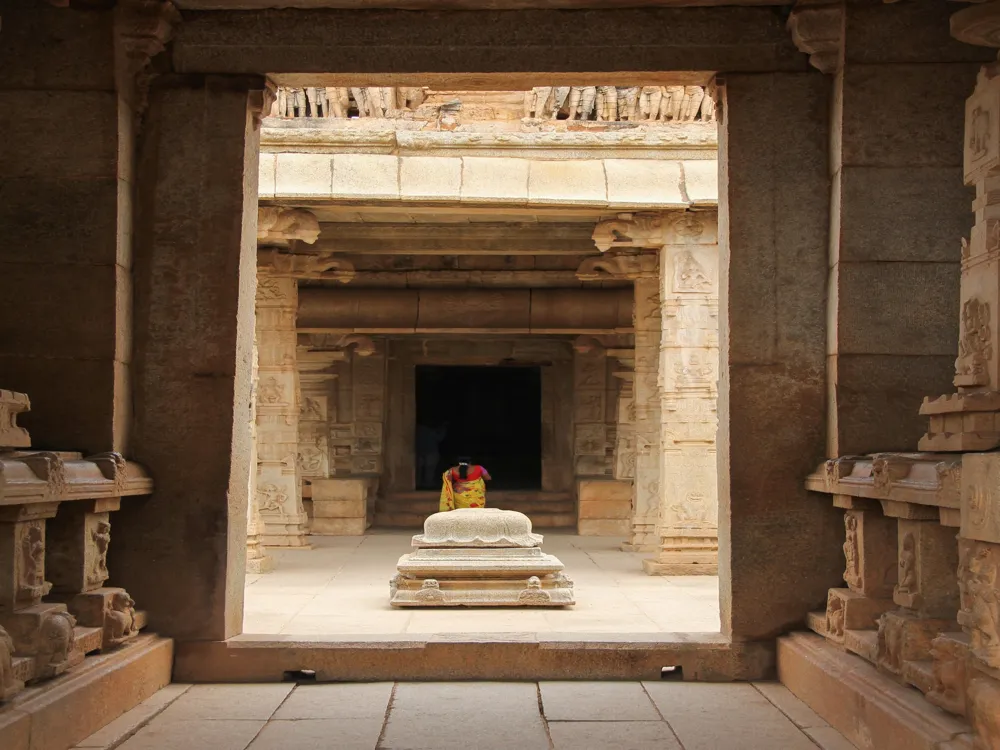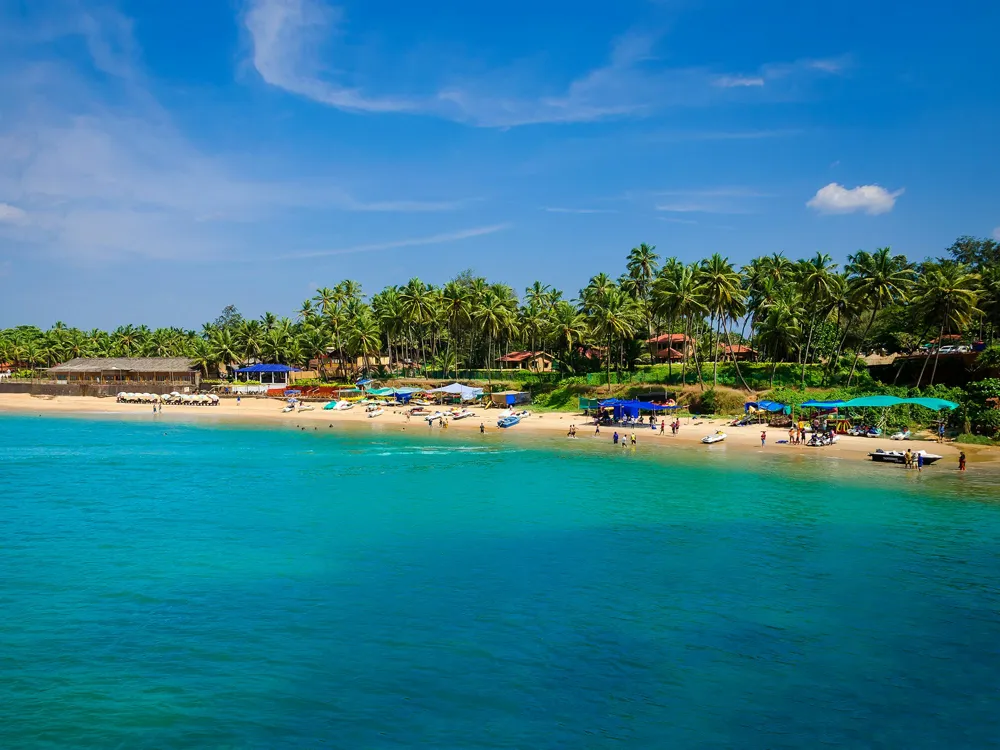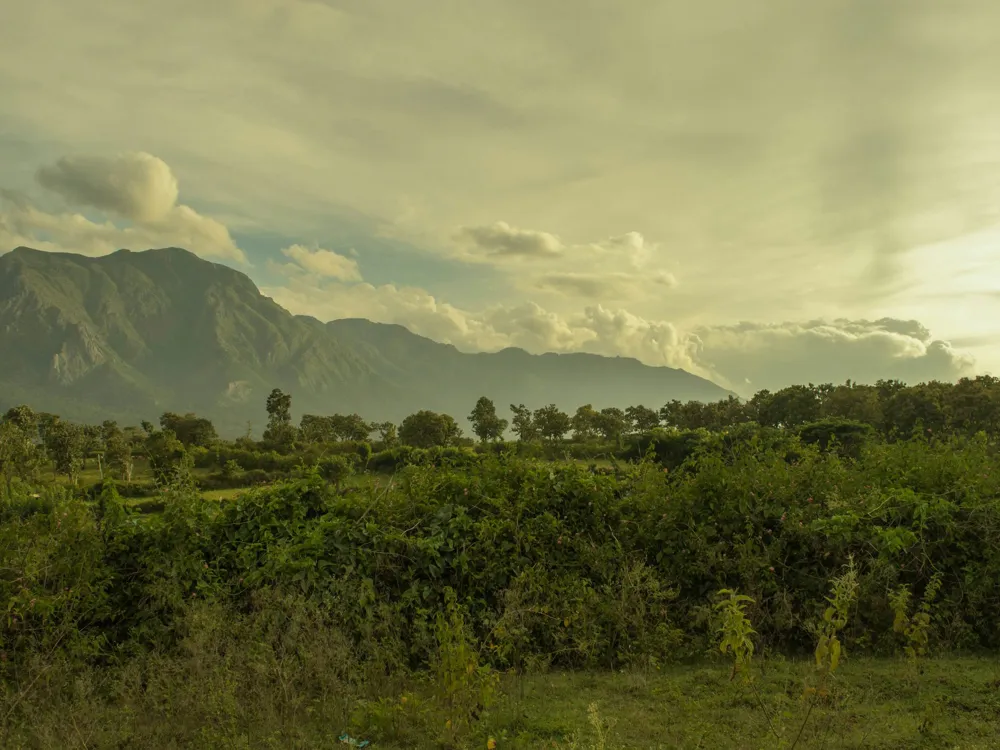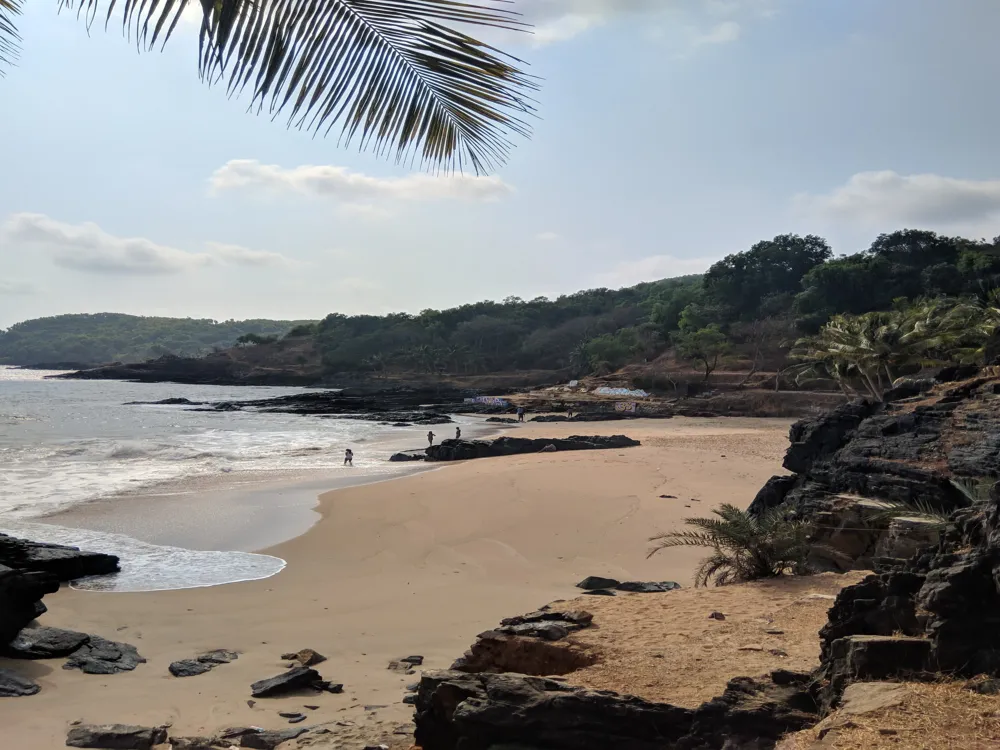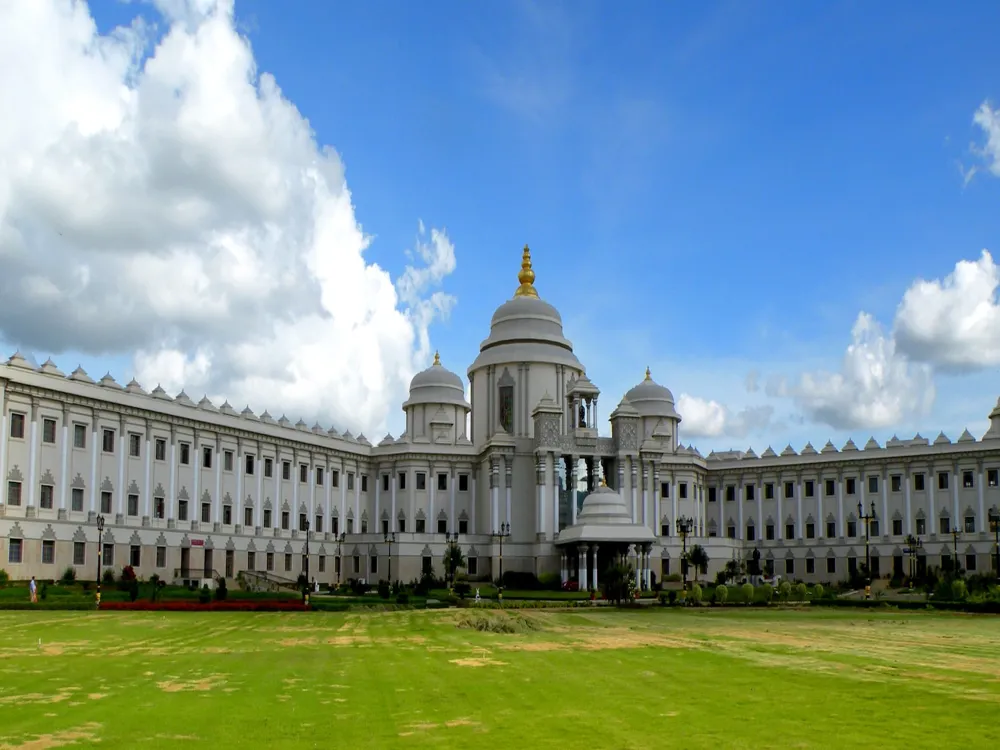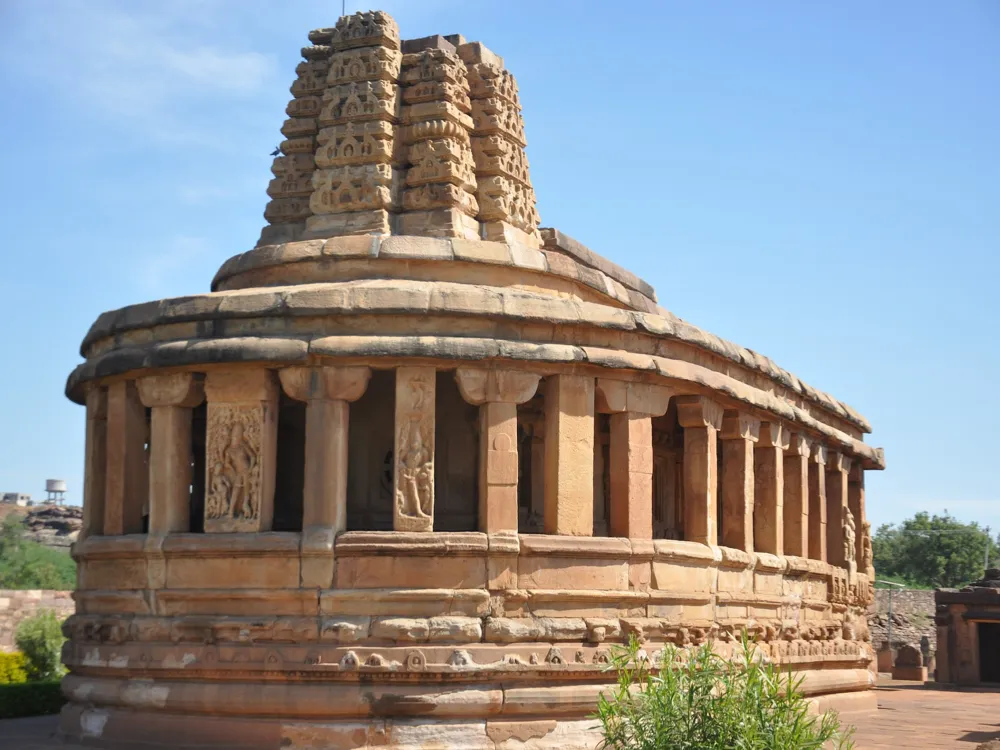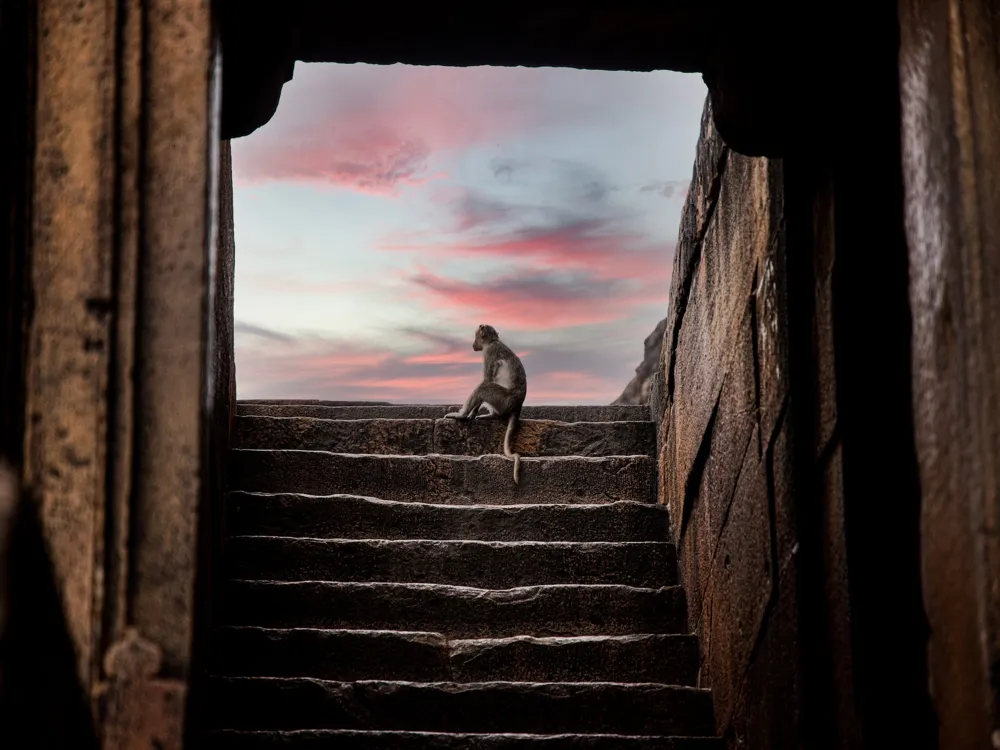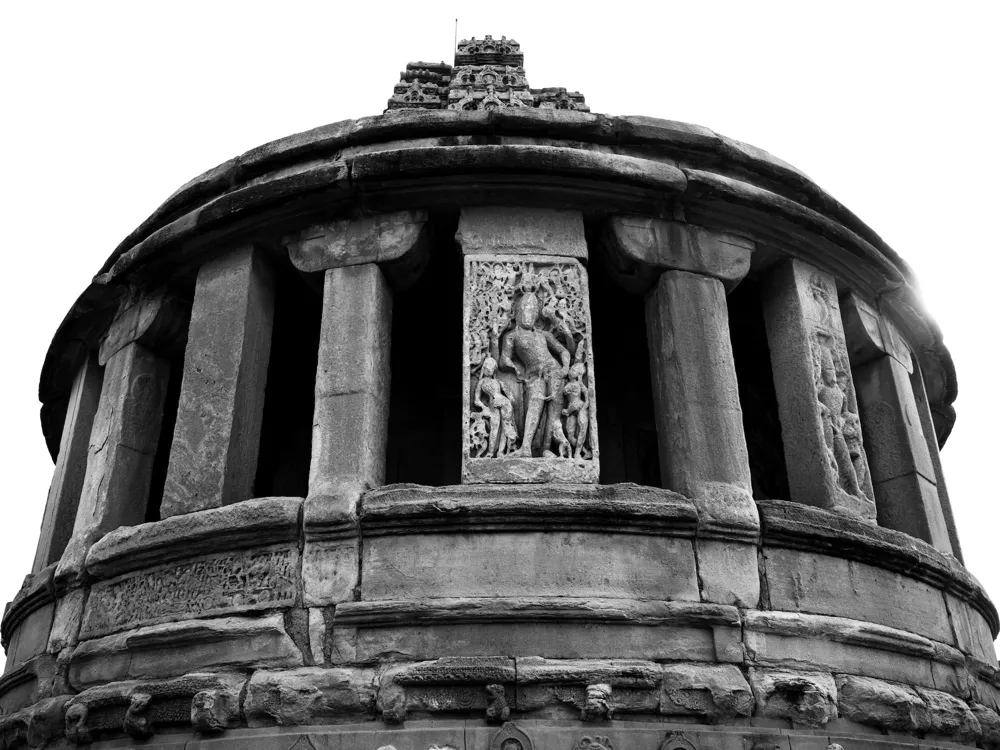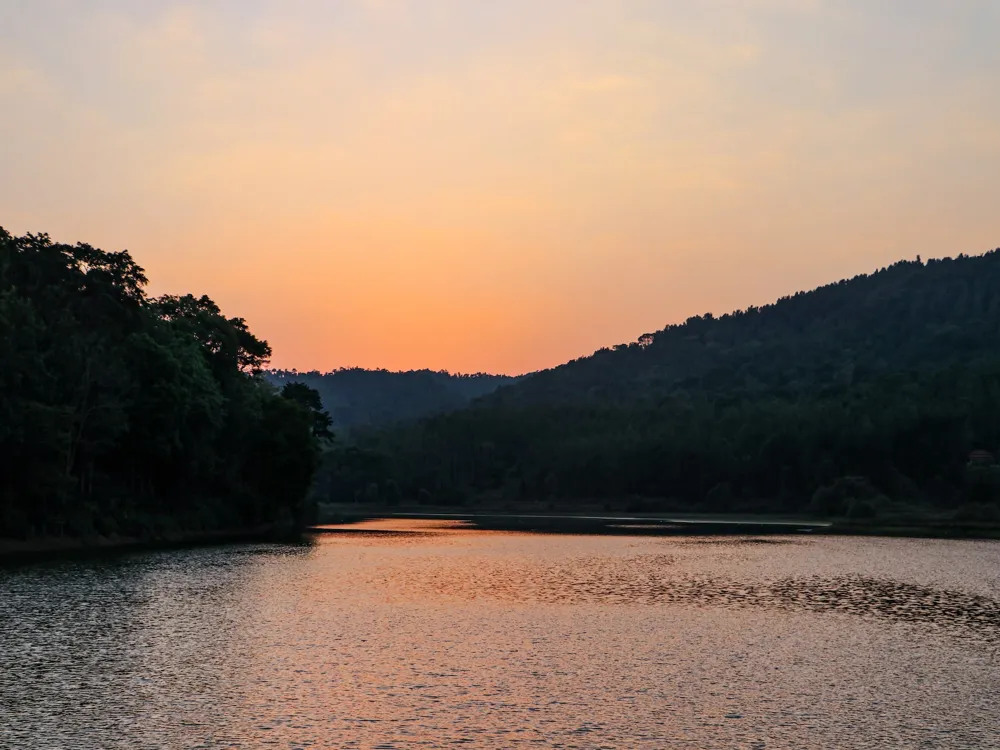Hampi, a UNESCO World Heritage Site, is a treasure trove of historical and architectural wonders. Situated in Karnataka, India, it was the capital of the erstwhile Vijayanagara Empire. Hampi's landscape is adorned with ancient ruins, each telling a story of its glorious past. The city sits on the banks of the Tungabhadra River, enhancing its scenic beauty and historical significance. Visitors are captivated by its striking panorama of rocky outcrops, lush paddy fields, and the remnants of a once-flourishing empire.
The history of Hampi dates back to the 14th century when it was founded by Harihara I and Bukka Raya I, the rulers of the Vijayanagara Empire. This city was a melting pot of culture, art, and religion, reflecting the grandeur of the empire. Hampi was not only a political capital but also a hub for trade, attracting merchants from as far as Persia and Portugal. The city's architecture, influenced by Dravidian and Indo-Islamic styles, stands as a testament to the skilled artisans of its time.
In its prime, Hampi was one of the largest and richest cities in the world. The chroniclers of various kingdoms have described its opulence and grandeur in glowing terms. However, the city faced a major setback in 1565 when it was laid siege to by the Deccan Muslim confederacy. The ensuing battle led to the downfall of the Vijayanagara Empire, and Hampi was left in ruins. Today, these ruins provide an insight into the city's storied past, attracting historians, archaeologists, and tourists from around the globe.
[1500 words of detailed historical and cultural significance of Hampi, including its development, zenith, and decline, will be included here.]
The architecture of Hampi is a blend of various styles and influences, showcasing the ingenuity of its builders. The city's ruins are spread over 16 square miles and include more than 1,600 surviving remains of the last Hindu kingdom in South India. These structures include temples, palaces, market streets, aquatic structures, bastions, royal pavilions, and treasury buildings.
The Vijayanagara style of architecture is characterized by its unique use of granite. Large boulders were used to create impressive structures that have withstood the test of time. The Virupaksha Temple, dedicated to Lord Shiva, is the oldest and one of the most prominent structures in Hampi. Its intricate carvings and towering gopuram are emblematic of the Vijayanagara style. Similarly, the Vittala Temple is famous for its extraordinary craftsmanship, especially the iconic stone chariot and the musical pillars.
Another distinctive feature of Hampi's architecture is the integration of nature with built structures. The Lotus Mahal, for instance, is an elegant synthesis of Hindu and Islamic architectural styles and is set amidst well-laid gardens. The Queen's Bath, with its arched corridors and projecting balconies, reflects a perfect blend of Indo-Islamic influences.
[1500 words of detailed analysis of various architectural styles present in Hampi, including the description of key structures, their architectural significance, and the techniques used in their construction, will be included here.]
The ideal time to visit Hampi is from October to February, when the weather is pleasant. This period avoids the extreme heat of summer and the heavy rains of the monsoon season.
Hampi is well-connected by road and rail. Visitors can find a range of accommodation options from budget stays to luxury resorts. It's advisable to book in advance during peak tourist season.
Renting a bicycle or a scooter is a great way to explore the widespread ruins. Hiring a local guide can also enrich your experience, as they provide insights into the history and legends of Hampi.
As a UNESCO World Heritage Site, it's important to respect the ruins. Avoid touching or climbing on the fragile structures to preserve them for future generations.
Don't miss out on trying the local cuisine, which includes traditional South Indian dishes. The Hampi Bazaar offers a variety of handicrafts and souvenirs unique to the region.
Hampi is accessible by various modes of transportation. The nearest airport is in Bellary, about 60 km away. Hospet, 13 km from Hampi, is the nearest railway station. Regular bus services also connect Hampi to major cities like Bangalore and Hyderabad.
Overview of Hampi, Karnataka
Architecture of Hampi
Tips When Visiting Hampi
Best Time to Visit
Transport and Accommodation
Exploring Hampi
Respecting the Site
Local Cuisine and Shopping
How To Reach Hampi
Shopping in Hampi
Hampi
Karnataka
NaN onwards
View hampi Packages
Hampi Travel Packages
View All Packages For Hampi
Top Hotel Collections for Hampi

Private Pool

Luxury Hotels

5-Star Hotels

Pet Friendly
Top Hotels Near Hampi
Other Top Ranking Places In Hampi
View All Places To Visit In hampi
View hampi Packages
Hampi Travel Packages
View All Packages For Hampi
Top Hotel Collections for Hampi

Private Pool

Luxury Hotels

5-Star Hotels

Pet Friendly








